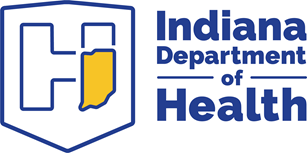
About I-HOPE
The COVID-19 pandemic has disrupted preventative healthcare, exacerbated chronic illness, and cast a spotlight on how the health of Hoosiers is affected by the conditions in which people live, play, learn and work. Now, nearly 100 I-HOPE partners throughout the state are working together to address health disparities, which are preventable differences in the burden of disease, injury, violence, or in opportunities to achieve optimal health.
I-HOPE will address barriers to care that exist for people living in rural areas, minorities, and people from different cultures and backgrounds. From healthcare associations, coalitions and state agencies to faith-based organizations and universities, I-HOPE partners are collaborating to improve multiple conditions that affect health such as nutrition, affordable housing, transportation, childcare issues, and safe and secure employment.

I-HOPE is partnering with Purdue Extension to bring its signature programs to communities across Indiana.
In Indiana, community leaders make decisions about public spaces such as parks, trails, farmers markets, schools, and Main Streets every day that affect the health and wellness of the community. Using Purdue Extension’s Enhancing the Value of Public Spaces: Creating Healthy Communities program, facilitators coach communities through the development of a high-quality action plan for their public spaces. The plan can guide decisions and better position communities to take advantage of opportunities to promote healthy eating and active living.
To learn more visit the Purdue Extension Community Development website.

- About
- About I-HOPE
- Contact Us








